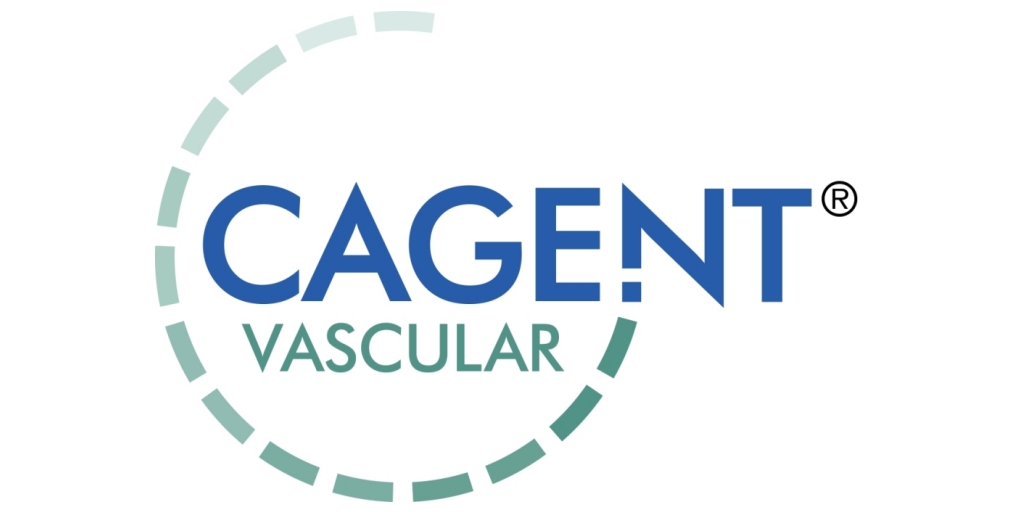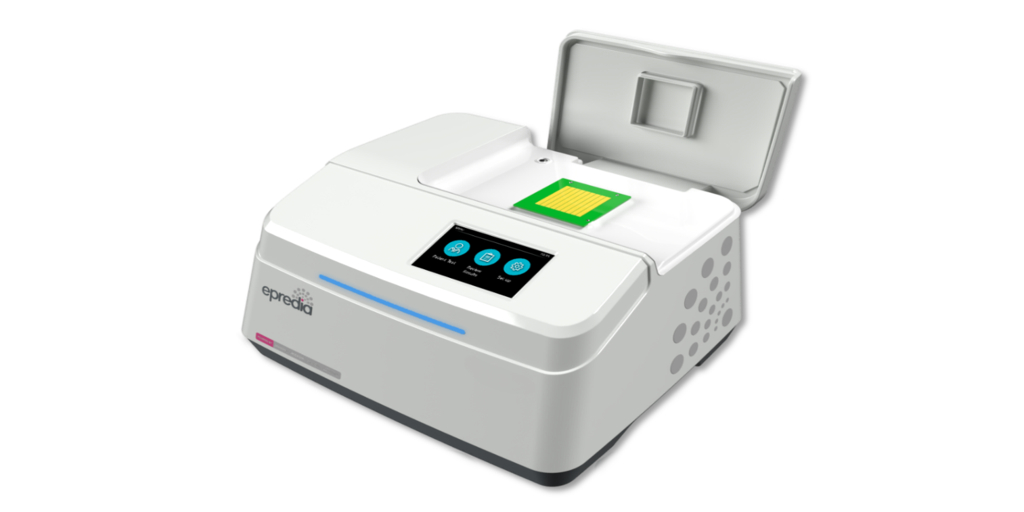- Treatment with IMG-007, the only clinical-stage nondepleting anti-OX40 monoclonal antibody (mAb), led to rapid, marked, and durable improvement of skin signs in patients with atopic dermatitis (AD).
- Overall, IMG-007 was well-tolerated, without any reports of pyrexia or chills.
- IMG-007 is also being evaluated for the treatment of alopecia areata (AA).
- Final results are anticipated in Q3 2024.
SAN DIEGO, May 06, 2024 (GLOBE NEWSWIRE) — Inmagene Biopharmaceuticals (“Inmagene” or the “Company”), a clinical-stage biotechnology company developing innovative and differentiated therapies for immunological and inflammatory (I&I) diseases, today announced positive interim data from Phase 2a trial of IMG-007 in patients with AD.

Inmagene
IMG-007 is a nondepleting anti-OX40 mAb, bioengineered to have a silenced antibody-dependent cellular cytotoxicity (ADCC) function and a prolonged half-life. In a prior Phase 1 single-dose study in healthy adults, IMG-007 demonstrated a favorable safety and tolerability profile, with no reports of pyrexia or chills, which is consistent with the abolished ADCC function. Furthermore, IMG-007 showed a slow antibody clearance and a 31-day half-life at anticipated therapeutic dose levels, which could enable it to be dosed every 12 weeks (Q12W) for induction therapy, and even less frequently for maintenance therapy in AD treatment.
The Phase 2a trial (NCT05984784) evaluates the safety, pharmacokinetics, and efficacy of IMG-007 in adult patients with moderate-to-severe AD who had inadequate response to and/or intolerant of topical therapies. Patients who had received prior systemic agents, such as biologics, were also included in the trial. Topical or systemic AD medications were not permitted during the study. Eligible patients were to receive three intravenous infusions of 300 mg IMG-007 over 4 weeks (Baseline, Week 2 and 4) and to be followed up for up to 24 weeks. Key study endpoints include safety and percent change from baseline in eczema area and severity index (EASI) over time.
A total of 13 patients were enrolled from 6 centers in the U.S. and Canada. Baseline key disease characteristics included mean EASI of 29.5, mean body surface area (BSA) of 52.0%, and 61.5% patients with investigator’s global assessment (IGA=3) and 38.5% with IGA=4.
IMG-007 treatment resulted in a rapid and marked improvement from baseline in EASI score as early as Week 1 and continued improvement over time after the last dose of IMG-007 at Week 4. The mean percent improvement from baseline in EASI was 23%, 29%, 47%, 66%, 68%,77%, and 87% at Weeks 1, 2, 4, 8, 12, 16, and 20, respectively.
By Week 20, a total of 69%, 54%, and 31% of patients achieved EASI improvement of at least 50% (EASI-50), at least 75% (EASI-75), and at least 90% (EASI-90), respectively.
There were no serious adverse events (SAEs), and no adverse events (AEs) leading to treatment discontinuation, and no treatment-related AEs. There were no reports of pyrexia or chills.
“Inhibiting OX40-OX40L signaling is an exciting potential therapeutic approach to treating AD,” said Jonathan Silverberg, M.D., Ph.D., Professor of Dermatology at The George Washington University School of Medicine and Health Sciences. “By uniquely targeting the OX40 receptor without depleting T cells and with its long half-life, IMG-007 presents a best-in-class potential to not only minimize safety risks associated with T cell depletion, but also provide patients with a more convenient dosing regimen such as Q12W.”
“We are highly encouraged by the remarkable efficacy seen with a short 4-week treatment period. Future studies of continuous treatment with IMG-007 in patients with AD could potentially drive more robust efficacy than seen in this proof-of-concept study,” said Yufang Lu, M.D., Ph.D., Chief Medical Officer of Inmagene. “Given the important role of the OX40-OX40L axis in the pathogenesis of a spectrum of I&I diseases, IMG-007 could be suitable for a number of indications. We are working hard to accelerate the clinical development of IMG-007 in AD with our subcutaneous formulation.”
In addition to the Phase 2a trial in patients with AD for which final results are anticipated in Q3 2024, IMG-007 is also being evaluated in a global study in adult patients with AA with anticipated initial data readout in Q4 2024.
About Inmagene
Inmagene is a global clinical-stage biotechnology company developing novel therapeutics for immunological and inflammatory (I&I) diseases. The company’s highly differentiated clinical-stage pipeline has multiple candidates with best-in-class potential. The lead asset IMG-007, a nondepleting anti-OX40 mAb, is in two global Phase 2a clinical trials in atopic dermatitis and alopecia areata (AA). IMG-004, a non-covalent reversible BTK inhibitor with an extended half-life and pharmacodynamic effect, enabling its potential for once-daily dosing, is completing a Phase 1 multiple-dose study. IMG-008, a long-acting anti-IL-36R mAb is entering global Phase 1 clinical development.
For more information, please visit www.inmagenebio.com.
About IMG-007
IMG-007 is a humanized anti-OX40 IgG1 mAb, with a silenced ADCC function and an extended half-life. The OX40-OX40L axis is important in T cell activation, expansion, and survival, thereby having an important role in the pathogenesis of a spectrum of I&I diseases. In nonclinical studies, IMG-007 potently blocked the signaling between OX40 and OX40L. Phase 1 single dose study demonstrated a 31-day half-life at anticipated therapeutic dose levels, enabling the potential for once every 12 weeks (Q12W) dosing for induction therapy and even less frequently for maintenance therapy, and a favorable safety profile, without any reports of pyrexia or chills. IMG-007 is being evaluated for the treatment of moderate-to-severe atopic dermatitis and alopecia areata in two Phase 2a studies.
Forward-Looking Statements
This press release contains forward-looking statements. While Inmagene believes the projections to be based on reasonable assumptions, these forward-looking statements may be called into question by a number of hazards and uncertainties, so that actual results may differ materially from those anticipated in such forward-looking statements.
For further information, please contact:
Inmagene:
Anna Vardanyan, MD, PhD
Vice President of Business Development
public.relations@inmagenebio.com
Investor Relations:
Bruce Mackle
LifeSci Advisors, LLC
bmackle@lifesciadvisors.com












